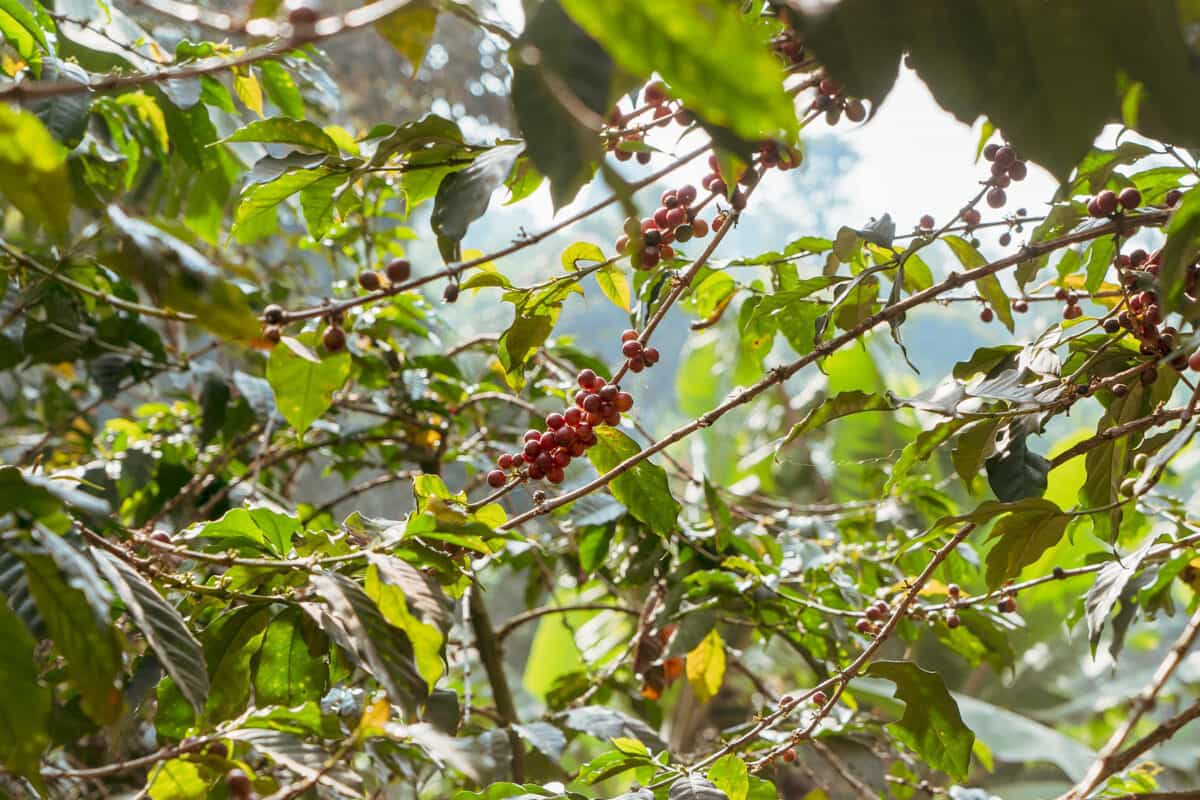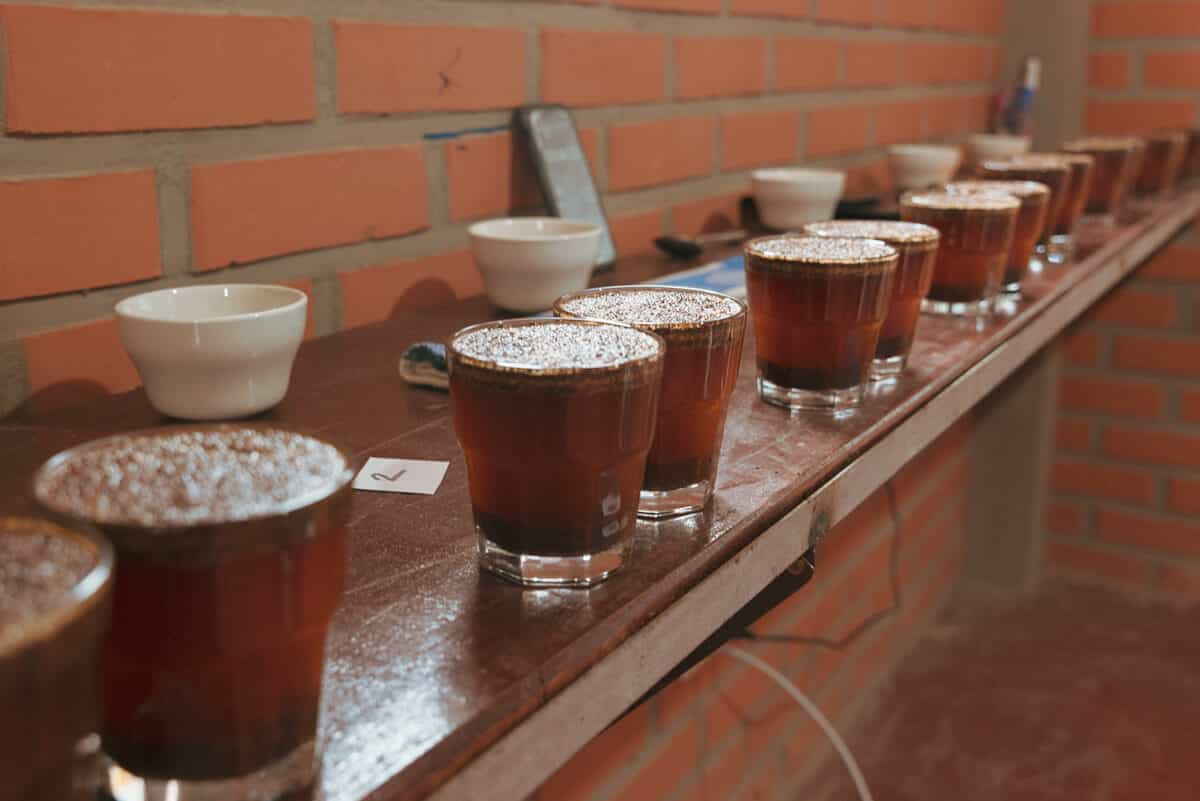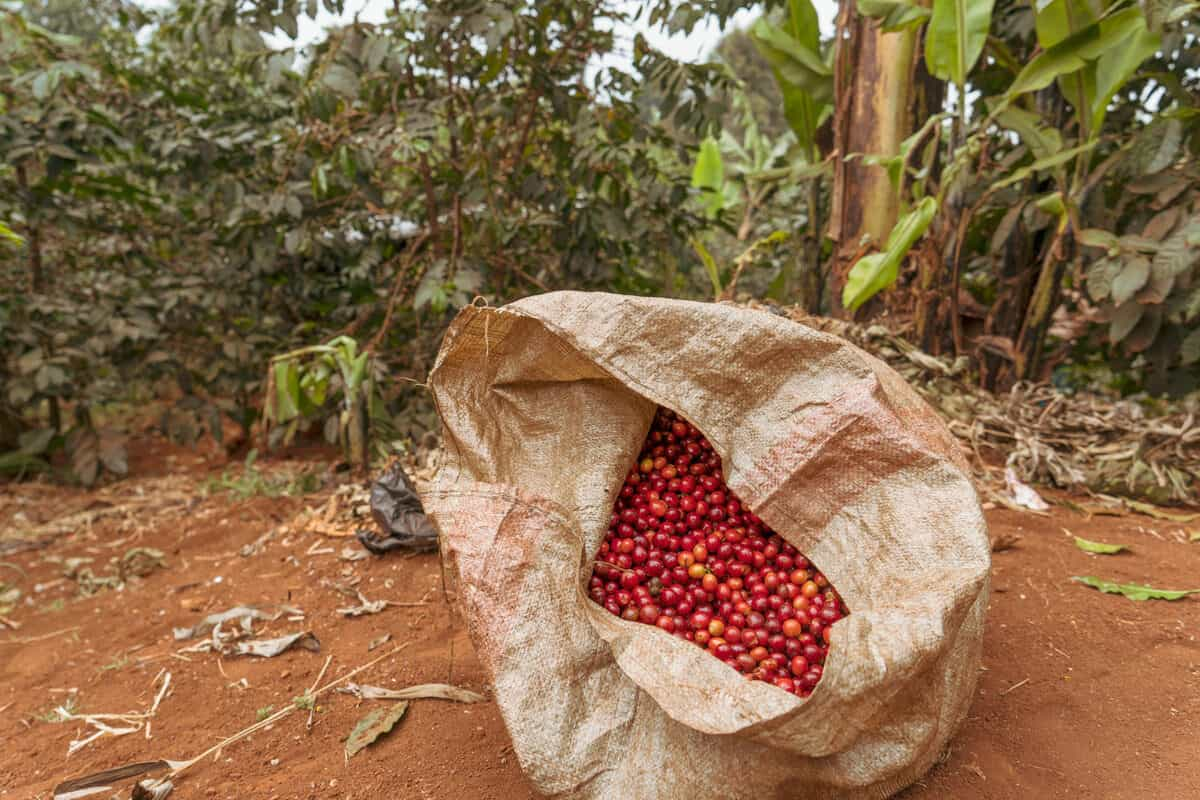
About Potato Taste Defect

What is potate taste defect?
Potato taste defect, or PTD, is a type of defect that’s only found in coffees from some East African nations, including Rwanda, Burundi, the Democratic Republic of the Congo and Uganda. Coffee beans with this defect give off a raw potato-like odor when they are ground or brewed.
One of its causes is said to be certain insects that bite a hole in coffee cherries, creating a breeding ground for bacteria. Another culprit is believed to be pyrazine, a class of organic compounds that coffee trees generate when stimulated by insects. But no clear cause has been established.

Differences from other defects
PTD has two main differences from other defects.
The first is difficulty in identifying it. Green coffee beans affected by PTD has the same color and density as unaffected beans. It can’t be found until you grind roasted beans and check their fragrance. In other words, farmers or roasters have no control over this defect.
Given these traits unique to PTD, it can be hard to figure out how to solve or compensate for it. One Rwandan producer told us, “Please do not be afraid of potato taste defect. I want people to understand that it’s something that always happens.”

To Roasters
If you come across PTD in a cup, please put it aside, grab another cup and taste the same coffee again. If you find PTD in multiple cups, please let us know how many times you tasted PTD per how many cups. Your feedback leads to improvement at coffee farms. For the reasons mentioned above, we do not accept return requests citing PTD. But please feel free to contact us so that we can figure out a solution together.
It is our hope that you will not be discouraged from buying coffees from Rwanda, Burundi, the DRC or Uganda because of PTD. Coffees from these origins have big potential. These regions have countless coffees we have never met before. Let’s enjoy pursuing those possibilities. And we are sure that’s what your customers are hoping for, too.








